What do you think?
Rate this book


704 pages, Paperback
First published January 1, 1321

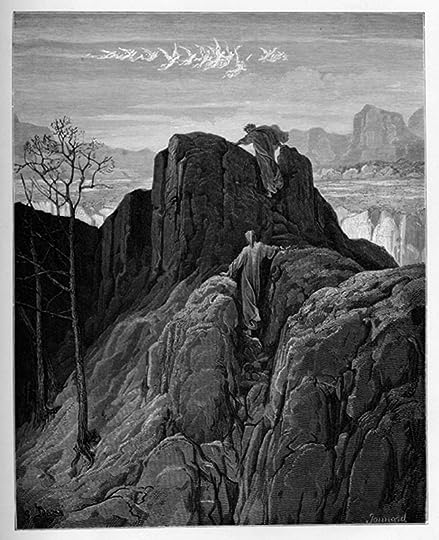
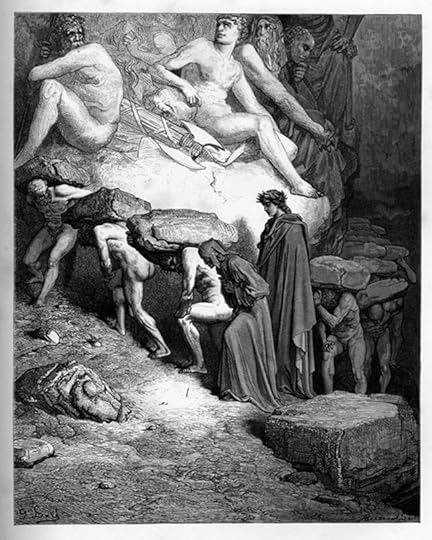
There came to me, needing no further sight,
Just by that strange, outflowing power of hers,
The old, old love in all its mastering might.
And, smitten through the eyesight unawares
By that high power which pierced me, heart and reins,
Long since, when I was but a child in years,
I turned to leftward—full of confidence
As any little boy who ever came
Running to mother with his fears and pains—
To say to Virgil: "There is scarce a dram
That does not hammer and throb in all my blood;
I know the embers of the ancient flame."
But Virgil—O he had left us, and we stood
Orphaned of him; Virgil, dear father, most
Kind Virgil I gave me to for my soul's good;
And not for all that our first mother lost
Could I forbid the smutching tears to steep
My cheeks, once washed with dew from all their dust.
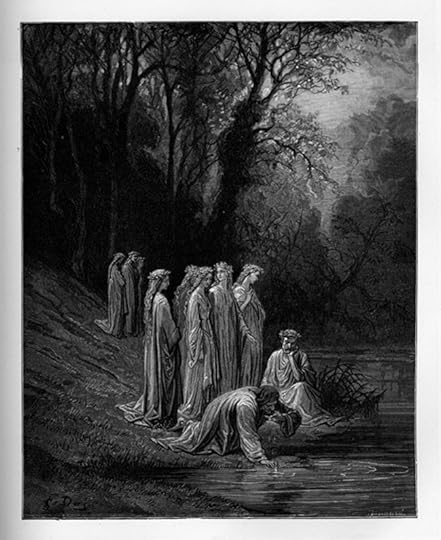



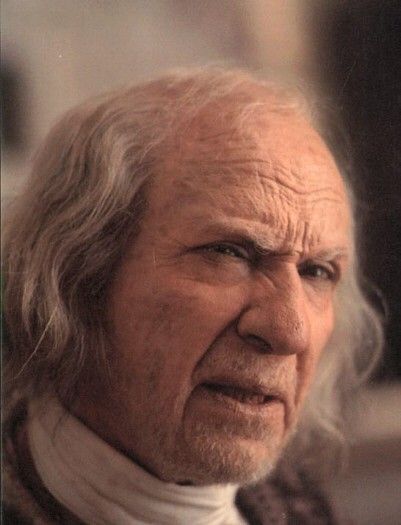


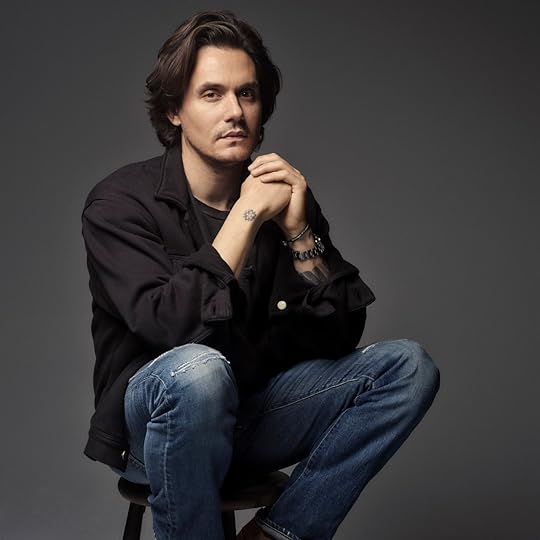


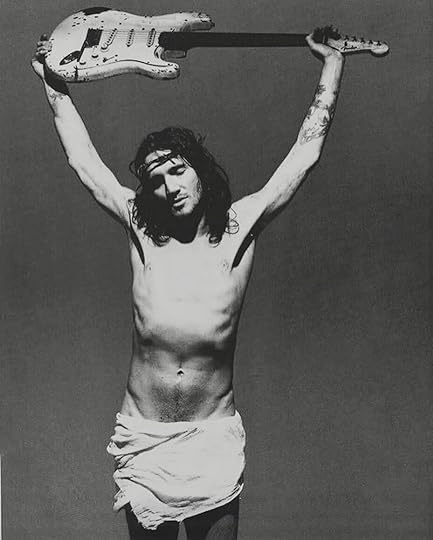
" آه شتان بين هذه المداخل
ومداخل الجحيم، منها يدخل المرء
وسط الأناشيد، وهناك خلل وحشيّ الصراخ "
" وعليه، فإذا كانت دنياكم الحاضرة في ضلال
فالباعث هو أنتم، وفي أنفسكم ينبغي أن تبحثوا عنه "